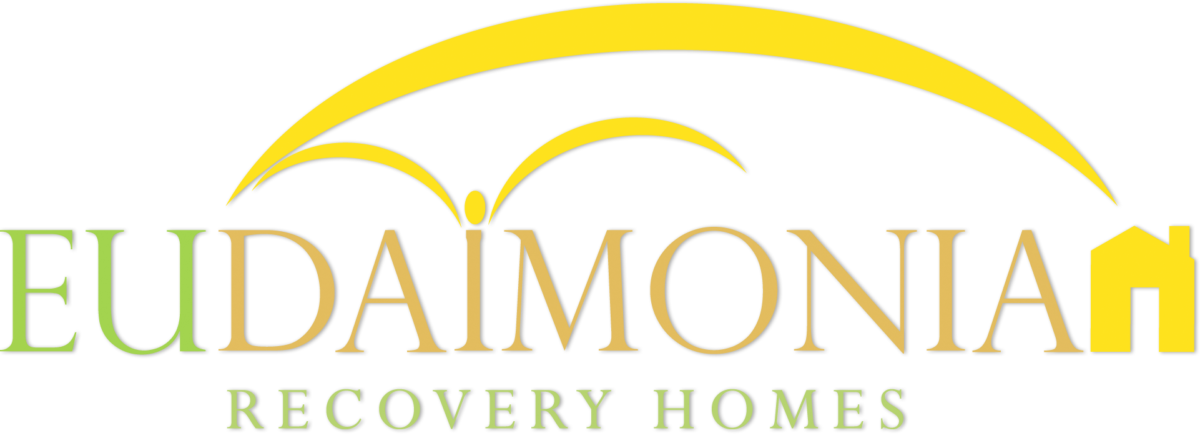Maybe you’ve found yourself in a bad place; feeling uncertain about your future sober, struggling to deal with cravings, or hiding drug use from your friends and family again. If this is you, you’re not alone. Many people in recovery need long-term or repeated episodes of treatment to stay sober. It’s nothing to be ashamed about.
If you find yourself questioning whether you should go back to rehab or not, chances are you do. However, to help you make the decision that’s best for you, let’s look at some of the signs and symptoms that indicate you might need to seek out treatment again.
Relapses and Slips in Recovery
Addiction is a treatable disorder, but relapse is common. According to the National Institute on Drug Abuse (NIDA), relapse rates for drug addiction are similar to rates for other chronic medical illnesses. Research shows 40 to 60% of people who are recovering from substance use disorders relapse at some point.1
There are many different reasons why someone in recovery might relapse, such as:
- Untreated mental health problems: Mental health problems often contribute to addiction. So if you have underlying mental health issues that are unresolved or undiagnosed, they’re likely to trigger a relapse at some point down the line, especially if you don’t know how to cope.
- People: Surrounding yourself with people who still drink or use drugs is a recipe for disaster. Without making an effort to establish sober friendships, find a sponsor or accountability partner, or setting healthy boundaries with family and friends, relapse can be a serious threat.
- Places: For many people, it takes time before they can go to a place where people are drinking and not crave alcohol. Or, sometimes even just walking by a liquor store can trigger cravings and thoughts about using again.
- Lack of support and/or follow-up care: If you stop following your treatment plan, you’re likely to relapse. Similarly, if you don’t have a supportive sober community or access to recovery support services, it’s much easier to fall back into old habits.
- Boredom and loneliness: Early in sobriety, you might have a lot of extra time on your hands or you might feel isolated and lonely. If you don’t get connected with others and find productive ways to fill some of that time, you’re more likely to get lost in your own head and you may end up using again.
- Uncomfortable emotions: Emotions like anger, sadness, anxiety, and depression are all normal and natural things everyone experiences. However, if you’re used to coping with alcohol or drugs and you don’t know any other way to deal with these uncomfortable emotions, you might end up right back where you started: getting high or drunk to escape those feelings.
Although relapse is common in recovery, everyone’s recovery journey is different. Some people might never fully relapse. Instead, they may experience brief slips, which are short periods of time (like a day or two) when they return to using drugs or drinking. Usually, in these instances, a person realizes that they’re heading back down a dark road so they stop and seek help before they fully relapse back into addiction.
If you’ve slipped in your recovery: You can get right back on track by attending recovery support groups, scheduling an urgent meeting with your sponsor, or seeking support from your counselor. You’ll need to buckle down and work hard to get back on track, but it’s completely possible to avoid a relapse if you focus on getting help.
If you’ve relapsed and you’re actively addicted again: You should stop using drugs or drinking alcohol and seek help from an addiction treatment provider right away.
Did Treatment Fail?
No, if you relapsed or slipped up, your prior treatment did not fail. Slips and relapses are indicators that you need additional support and treatment to stay sober.
If you’ve been to rehab once or twice before, it might feel like you’re running in circles instead of making progress. It might be more helpful to enroll in an individualized treatment program that uses evidence-based and research-based therapies, such as an intensive outpatient program (IOP).
If you need to enroll in rehab again, you can get recommendations for ongoing care from a treatment provider, your counselor, or your doctor. They will consider your current situation and use screening tools and your treatment history to determine what type of treatment program is best for you.
5 Signs You Should Go Back to Rehab
1. You start using drugs or drinking alcohol again.
One of the clearest indicators that you need to go back to rehab is that you start using again. Even if it was just a one-time thing, relapse can be deadly so it’s not worth taking a risk again. The sooner you seek help, the better off you’ll be. There’s help waiting for you now.
2. You aren’t motivated to stay sober.
After the pink cloud of early recovery wears off, you might find that you’re just not motivated to keep going. It’s normal to feel that way sometimes; nobody’s going to be motivated every single day. However, going back to rehab might be what you need to develop the internal drive and discipline to consistently stay sober, even when you don’t feel like it.
3. You’re struggling to function daily.
If you’re having trouble getting out of bed in the morning, going to work or school, or you’re having difficulties taking care of your children, you might need help. Overwhelming cravings, mental health issues, and lack of motivation and support can all contribute to these struggles but getting treatment can help you find balance as you adjust to sobriety.
4. You feel like you need help to stay sober.
If you feel like your personal health and safety are at risk, then you should go back to treatment. No one can tell you exactly what you need to stay sober long-term. Only you can decide what’s best for you, so trust your gut and reach out to ask for help if you think you might need it.
5. You’re experiencing very strong cravings.
If you’ve battled temptation for a while, you might be getting tired of fighting off the cravings, especially if they’re very sudden or intense. Sometimes, battling cravings gets harder over time, leaving you feeling drained and weak. Going back to rehab is a proactive way to deal with this problem. Treatment professionals can help you identify any new triggers you might be experiencing and develop effective ways to deal with them that will help you sustain long-lasting recovery and freedom from addiction.
Tips for Starting Over in Treatment
Going back to rehab isn’t always easy, but you did it once before and you can do it again. Here are a few quick tips for the transition.
- Stay humble. It’s easy to become overly confident, especially if you’ve been to rehab before and you already know the drill. However, developing humility is an important part of making real and lasting changes in your life.
- Recognize that going back to rehab doesn’t mean you failed. If you’re feeling down because you’re headed back to rehab, just remember that you’re doing what you need to do to stay healthy and sober. It takes a lot of courage to admit that you need help again. Shame or fear should not keep you from creating the life you want for yourself.
- Be open to the recovery process. Recovery from alcohol and drug addiction is a lifelong process that looks different for everyone. Many people need several episodes of treatment to sustain lasting sobriety and others only ever go to rehab once. Instead of comparing, remember that your recovery journey is yours and no one else’s. Talk with your AA sponsor about how you can embrace this next stage of your recovery.
- Get a professional recommendation. Going back to rehab can be scary, especially if you don’t know where to start. Talk with a treatment provider or your counselor to get recommendations and treatment referrals.
What Type of Rehab Do I Need?
At Eudaimonia Recovery Homes, we can provide treatment referrals to help you get back on track after a relapse. Depending on your needs and treatment history, we may recommend one or more of the following options for rehab:
- Residential rehab: If you’ve experienced a severe relapse, treatment experts may recommend that you enroll in a residential rehab program. This will provide you with dedicated time away from distractions to focus on your recovery and address the underlying issues that caused your addiction to resurface.
- Intensive outpatient rehab: IOP is another excellent option, as it provides intensive individualized treatment to help you get back on track. Treatment experts and counselors will help you understand what caused your relapse and how you can modify your behavior, beliefs, and attitude to prevent relapse in the future.
- Online IOP: If you can’t attend treatment in person, online IOP is a great way to get help from a licensed treatment provider and complete a rehab program, even if you can’t physically be present.
You may also be encouraged to attend regular support group meetings because research shows they are highly effective and helpful for people in recovery.2,3 They do not need to be 12-Step-based, as many individuals enjoy alternatives like SMART Recovery, LifeRing Secular Recovery, Women for Sobriety, and others.
If you or a loved one has relapsed and you need help getting back on track, you’re not alone. At Eudaimonia, our caring staff is here to support and guide you. Contact us today to get help finding a treatment center.
References:
- https://www.drugabuse.gov/publications/drugs-brains-behavior-science-addiction/treatment-recovery
- https://www.ncbi.nlm.nih.gov/pmc/articles/PMC5047716/
- https://pubmed.ncbi.nlm.nih.gov/24838535/




